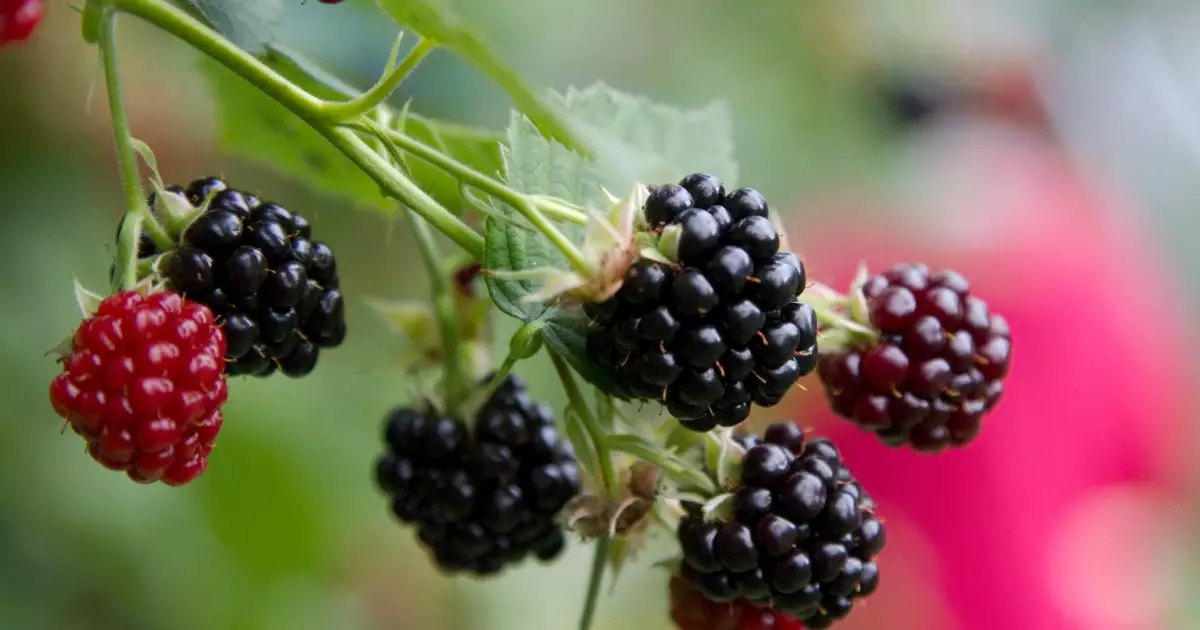As responsible pet owners, our primary concern revolves around the health and well-being of our furry friends. Fruits, including blackberries, are often heralded for their nutritional benefits, but when it comes to dog diets, experts suggest moderation is key. With excessive sugar intake capable of leading to health problems, it’s crucial that fruits comprise no more than ten percent of a dog’s overall diet. However, each dog has unique nutritional requirements based on breed, age, and health status. Always consulting with a veterinarian is essential before making any dietary changes, ensuring our four-legged companions receive balanced nutrition.
Nutritional Insights on Blackberries
Although many health benefits associated with fruits apply to humans, they do not directly translate to canines. For example, blackberries are famously high in Vitamin C, a vitamin often praised for its immune-boosting properties in people. Canines, however, possess the ability to synthesize their own Vitamin C and thus do not require supplementation from their diet. That said, blackberries offer substantial advantages beyond Vitamin C. These juicy berries are low in sugar and high in fiber, water, and several essential nutrients like vitamin K and manganese. These qualities make blackberries a fantastic, low-calorie treat to be enjoyed occasionally.
Safe Serving Practices
Despite their benefits, it’s important to approach berry-feeding with caution. Blackberries are generally safe in small amounts; however, they do contain trace amounts of xylitol, a sweetener that is toxic to dogs. To pose a risk, a dog would need to consume a considerable quantity of berries, so moderation is crucial. Smaller canines or those with certain health conditions, like diabetes, should particularly limit their intake. Additionally, all dog owners should steer clear of jams and processed berry products that contain sugars and additives detrimental to canine health, including concentrated xylitol.
Cautions Regarding Wild Blackberries
For those with ready access to wild blackberry bushes, the temptation to let your dog indulge may be strong. However, this practice is ill-advised. Wild bushes may be treated with pesticides, increasing the risk of chemical exposure and potential toxicity if consumed. Such risks often overshadow the joy of letting a dog roam freely for wild edibles. Instead, responsible owners should opt to procure organic blackberries from trusted outlets to ensure their pet’s safety and health.
Innovative Ways to Serve Blackberries
Feeding blackberries to dogs doesn’t have to be a mundane experience. With a bit of creativity, these berries can become a delightful treat. After thoroughly washing the berries to ensure they are free from any pesticides or contaminants, you can serve them fresh, frozen, or even incorporate them into homemade dog treats. By adding them to puzzles or toys that dispense treats, you can keep your dog mentally stimulated while enjoying a nutritious snack. This playful aspect not only enriches the feeding process but also reinforces healthy eating habits beneficial to your pet.

